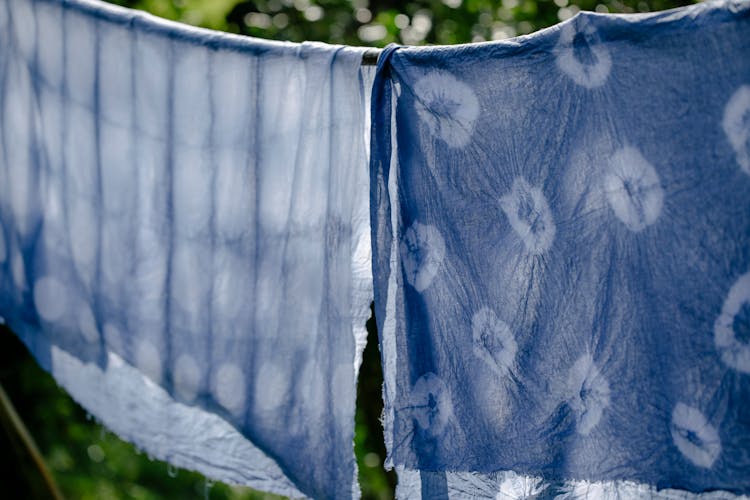All Categories
Featured
Table of Contents
- – Eco-Friendly Laundry Practices to Consider
- – Selecting Sustainable Detergents
- – Eco-Conscious Packaging Choices for Laundry Pr...
- – Craft Your Own Natural Laundry Products
- – Embracing Eco-Conscious Laundry: The Benefits
- – Final Notes on Sustainable Laundry Choices
- – What are the benefits of using eco-friendly l...
- – Can I make my own eco-friendly laundry deterg...
🌿 Quick Summary:
- 💧 Embrace eco-friendly practices to reduce laundry's environmental impact.
- 🌍 Opt for eco-friendly detergents with safe ingredients and minimal packaging.
- ❌ Avoid harmful chemicals in your cleaning products.
- 🏷️ Choose brands committed to sustainability.
The way we wash our clothes can significantly affect the environment, and understanding how to mitigate that impact is crucial. Everyday laundry routines contribute to energy consumption, water usage, and the release of harmful substances into our ecosystems. By making conscious choices about the products we use and how we wash our clothes, we can take substantial steps toward a more sustainable lifestyle.
Eco-Friendly Laundry Practices to Consider
One of the simplest yet most effective ways to minimize your laundry's environmental impact is to reduce the frequency of washes. Only wash your items when necessary, and this not only conserves water but also saves energy. Additionally, opting for cold water can lead to significant energy savings, as heating water often consumes the most energy in the washing process.
Furthermore, using shorter cycles paired with fuller loads maximizes efficiency and minimizes waste. Each time you turn on the washing machine, think of the resources being used and try grouping similar items together to make the most of each wash. By doing so, you're not just extending the life of your clothes but also making a positive contribution to a greener planet.
Selecting Sustainable Detergents
Switching to eco-friendly detergents is a critical step in the environmentally conscious laundry journey. These products are often made from plant-based and biodegradable ingredients, significantly reducing toxic residue and harmful chemicals that can pollute our waterways. Look for products branded with the EPA’s Safer Choice label or the USDA Organic seal. These symbols indicate that the cleaning agents in these products meet specific environmental safety standards.
When selecting your detergent, it's essential to be aware of harmful ingredients often found in traditional laundry products. Avoid detergents containing phosphates, chlorine bleach, brighteners, sodium laureth sulfate, artificial fragrances, and 1,4-dioxane. These chemicals can lead to various environmental issues, including water pollution and the release of microplastics into the ecosystem, which can have far-reaching consequences for aquatic life and the food chain.
Eco-Conscious Packaging Choices for Laundry Products
Packaging plays a significant role in how we consume laundry products. It's important to choose detergents that come in plastic-free, compostable, or fully recyclable packaging. First, you can help reduce plastic waste, and second, you promote a circular economy that benefits the environment. By opting for brands that prioritize sustainable packaging, you're taking another step towards reducing your footprint.
Brands such as Seventh Generation, Arm & Hammer, and Tru Earth offer eco-friendly options that are effective and come with minimal packaging. These companies are leading the way in sustainability while ensuring that your clothes get the clean they deserve without compromising the planet. Expanding your knowledge about available options can further empower you to make wiser choices, and be informed consumers.
Craft Your Own Natural Laundry Products
If you’re looking to take sustainability to the next level, consider making your own eco-friendly laundry detergent. A simple recipe using washing soda, borax, and natural soap can be an effective alternative to commercial detergents. Not only can it save you money, but it also allows you to control the ingredients that go into your products. This way, you're distilling your laundry practices down to an even more sustainable level.
Mixing up your detergent can be fun and rewarding. Plus, you'll likely find that these natural options work just as well as, if not better than, store-bought alternatives. You'll feel a sense of pride knowing your laundry routine is not contributing to the pollution problem while effectively cleaning your clothes at the same time.
Embracing Eco-Conscious Laundry: The Benefits
Transitioning to eco-friendly laundry practices can have several significant benefits. Not only do these practices help in reducing water pollution and conserving energy, but they also promote better health by eliminating harmful chemicals from your laundry routine. When you choose eco-friendly options, you're making a choice that benefits not just your family, but also the planet.
Furthermore, as consumers gravitate towards sustainability, the demand for greener products will grow, prompting companies to innovate and create more eco-friendly solutions. Each time you opt for an environmentally friendly detergent or practice, you're contributing to a larger movement toward more sustainable living, and your choices matter.
Final Notes on Sustainable Laundry Choices
🌱 Key Takeaways:- 🧺 Reduce laundry frequency and maximize efficiency.
- 🌊 Opt for cool water and shorter washing cycles.
- 🌺 Choose eco-friendly detergents with safe ingredients.
- 📦 Select brands with thoughtful, sustainable packaging.
- 🤲 Consider making your detergent for an even greener option.
What are the benefits of using eco-friendly laundry detergents?
Can I make my own eco-friendly laundry detergent?

The Eco-Laundry Challenge: 30 Days to Greener Habits
Table of Contents
- – Eco-Friendly Laundry Practices to Consider
- – Selecting Sustainable Detergents
- – Eco-Conscious Packaging Choices for Laundry Pr...
- – Craft Your Own Natural Laundry Products
- – Embracing Eco-Conscious Laundry: The Benefits
- – Final Notes on Sustainable Laundry Choices
- – What are the benefits of using eco-friendly l...
- – Can I make my own eco-friendly laundry deterg...
Latest Posts
Engagement Ring Resale Challenges: Navigating Common Issues
Understanding the Complexities of Engagement Ring Resale
Mastering Winter Hiking: Key Preparations and Tips
More
Latest Posts
Engagement Ring Resale Challenges: Navigating Common Issues
Understanding the Complexities of Engagement Ring Resale
Mastering Winter Hiking: Key Preparations and Tips